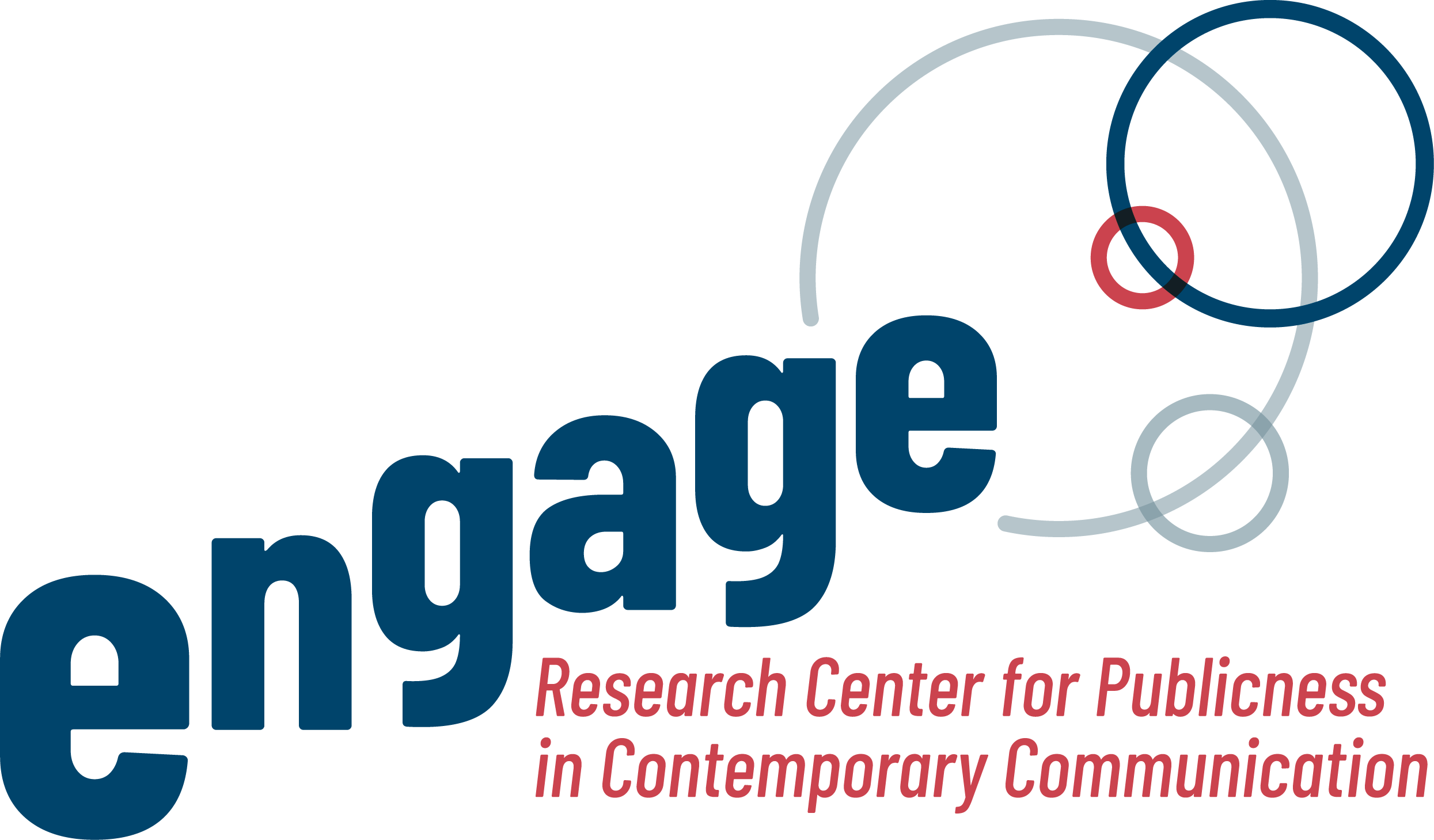Marie Dufrasne participe au congrès mondial de science politique (IPSA world congress) du 10 au 15 juillet prochains. Elle et ses collègues du projet Cost Constitution-making and deliberative democracy y présentent un article intitulé “Do ICTs Improve Deliberative Quality of Constitutional Reforms? » (Visvaldis Valtenbergs, Norbert Kersting, Marie Dufrasne, Raphaël Kies et Alina Ostling).
Voici l’abstract :
This paper aims to provide a first explorative work evaluating to what extent the existing participative experiments related to constitutional like issues used ICTs to inform and consult the public at large. We argue that this is important question to investigate, as the ICTs are the only way to allow the public at large to participate in an interactive and hopefully deliberative way to the debates on constitution related issues. To our knowledge, the usage of ICTs rarely received a central attention in the description of cases of citizens constitutional reform and there is no comparative study that has attempted to evaluate it. The focus of the paper is on the major cases of participative experiment on constitutional reforms that have used the ICTs in their reform. This paper is the result of the first ongoing collaboration of one of the three working groups (Working group 3) that emerged from European project COST “Constitution-making and deliberative democracy”. The project COST has three general objectives: 1) To gather and organize information about all deliberative democracy experiments related to constitution-like issues, research and writing about constitutional deliberative democracy, and the actors involved in both; 2) To make this information widely available and widely used; 3) To promote interaction between actors involved in this area, and also interested actors who are not yet involved. Within this broad project, the working group three aims to map and analyse the possible usages of the ICTs for promoting a more inclusive, deliberative, and legitimate participative consultations on constitutional like issues. This contribution aims at reviewing mapping and evaluating different usages of ICTs in the existing constitutional participative processes.
